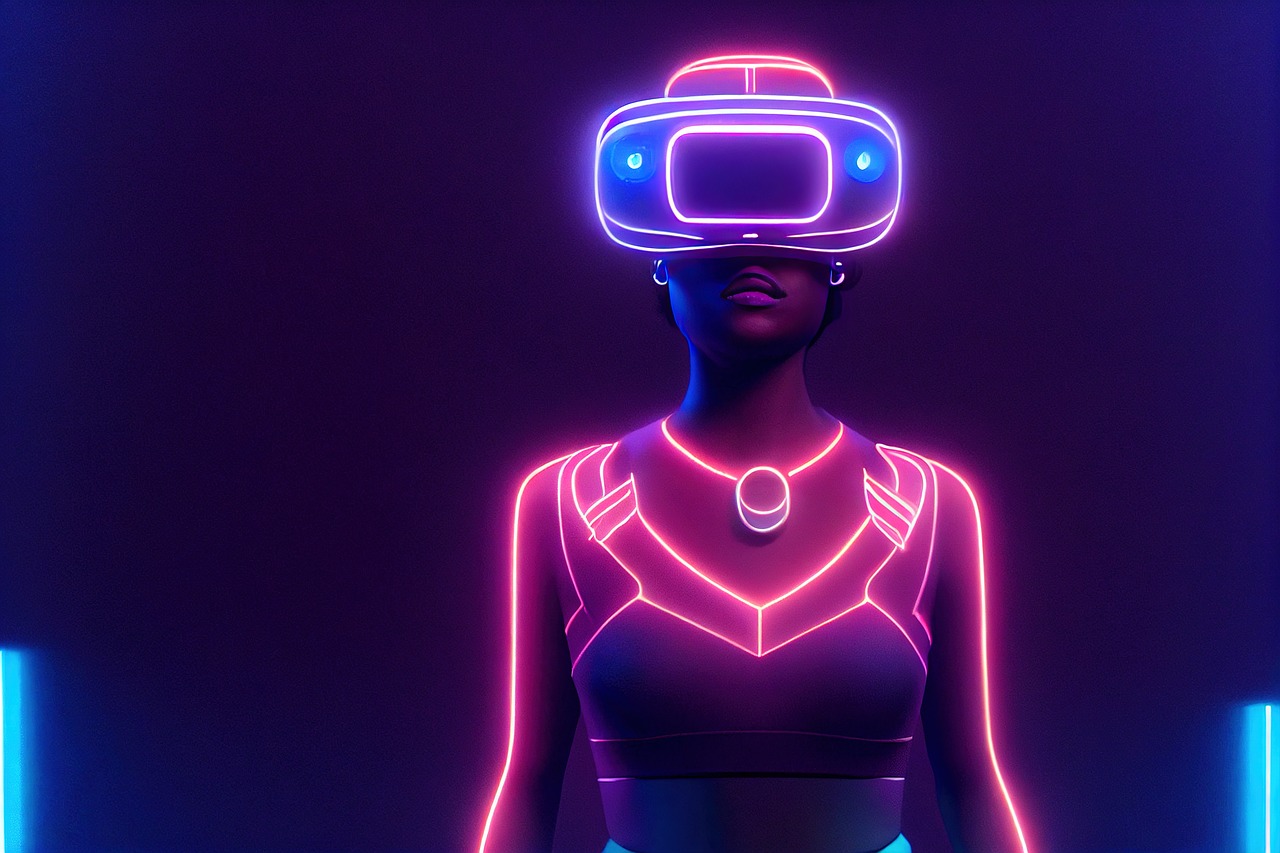Virtual Reality: Shaping the Future of Entertainment
In an era where technology is redefining our lives, one of its most exciting manifestations is in the realm of arts and entertainment. This article delves into the world of Virtual Reality (VR), an innovation that is dramatically transforming our experience of arts and entertainment, from gaming to filmmaking, and beyond.

A New Realm of Experience
In the late 20th century, the concept of VR emerged as a futuristic possibility. It was a dream that many thought would remain confined to the pages of science fiction novels. However, with the advancements in technology, VR has leaped off the pages and into our reality. Today, it is an integral part of the arts and entertainment industry.
The Present Scenario
Fast-forward to the present day, and VR has become a household name. It is changing the landscape of the entertainment industry by immersing audiences in a fabricated yet realistic world. The transformation is most visible in the gaming industry, where VR gaming consoles like Oculus Rift and PlayStation VR have made the experience more interactive and immersive than ever before.
Impact and Reception
The impact of VR extends beyond gaming and is influencing other mediums of entertainment as well. The film industry, for instance, is experimenting with VR to offer audiences a more immersive cinematic experience. Despite initial skepticism, VR films have been well-received, with VR documentaries like “Clouds Over Sidra” even making it to the United Nations to demonstrate the plight of Syrian refugees.
VR: The Game Changer
The significance of VR lies in its ability to blur the lines between fiction and reality. It offers an immersive experience that traditional entertainment mediums cannot provide. This technological marvel is transforming passive audiences into active participants, making them feel more involved in the entertainment they consume.
The Future of VR in Entertainment
While VR is already making waves in the entertainment industry, its future promises even more exciting possibilities. From VR concerts and theatre performances to interactive virtual museums and art galleries, the potential is boundless. Despite the challenges such as high cost and health concerns like motion sickness, the continuous evolution of VR technology is expected to address these issues, making VR more accessible and enjoyable for everyone.
In conclusion, VR is not just a trend or a fleeting fad but a transformative technology that is redefining the future of arts and entertainment. As we continue to explore its potential, one thing is certain: VR is here to stay, and it will continue to shape our experiences of entertainment in ways we can only imagine.




